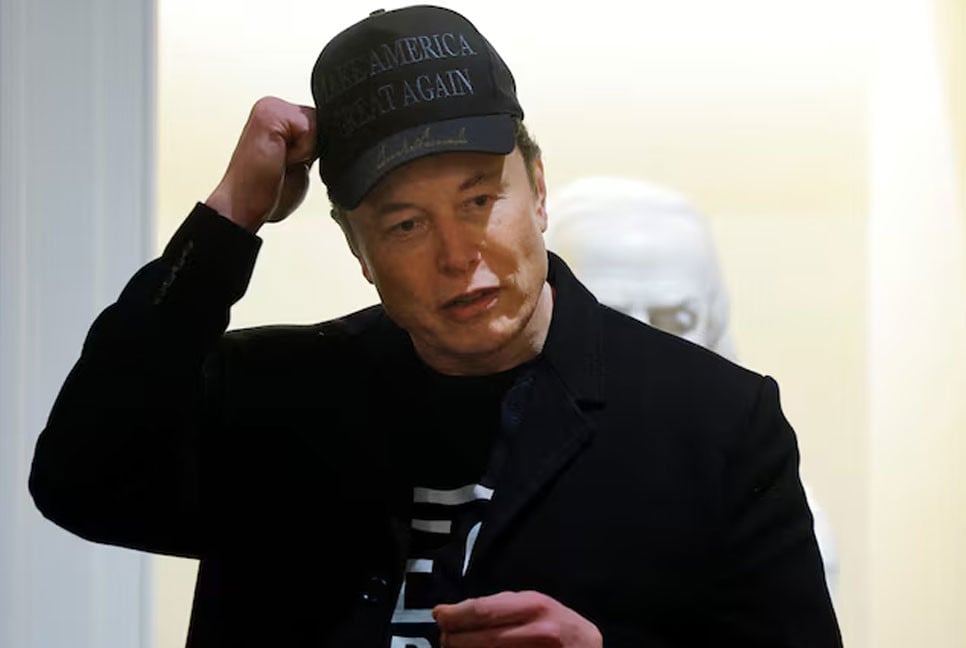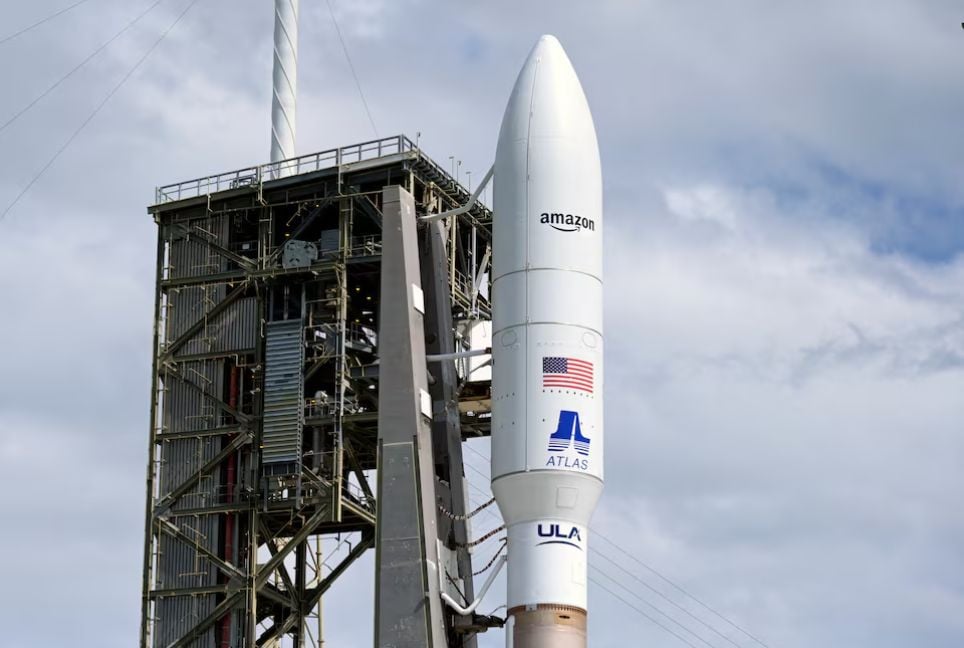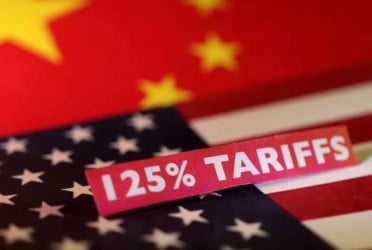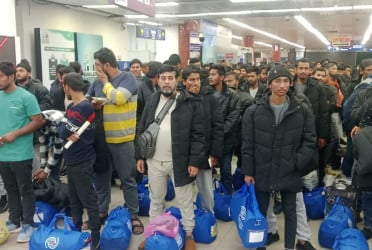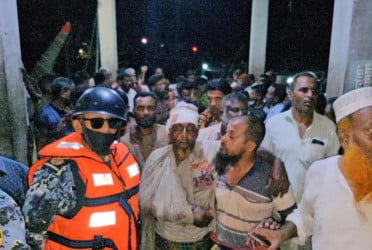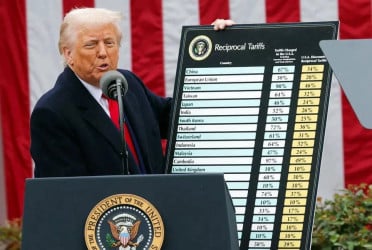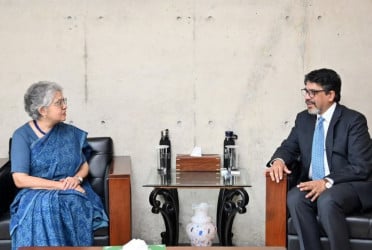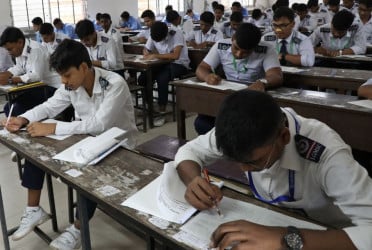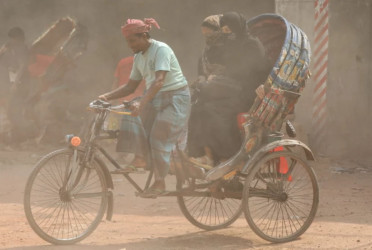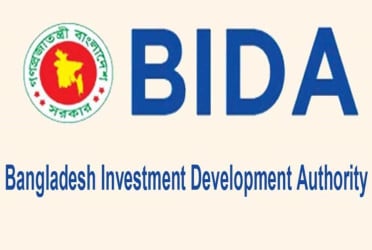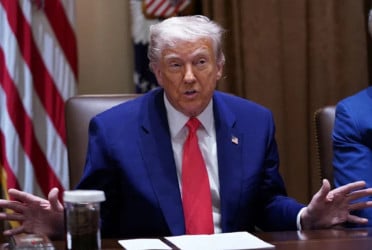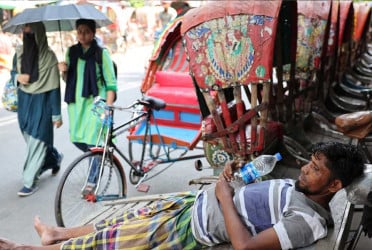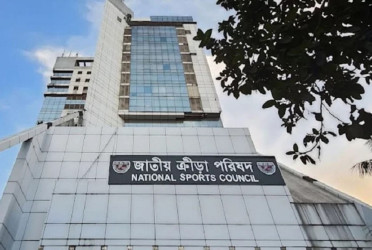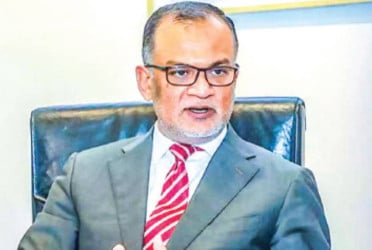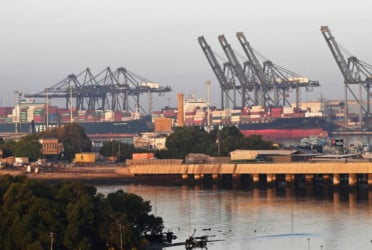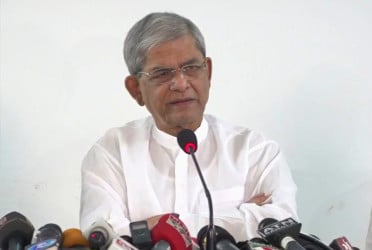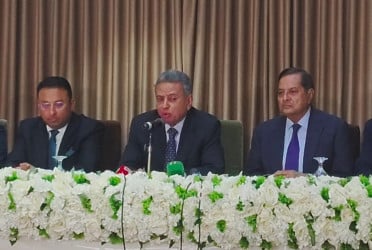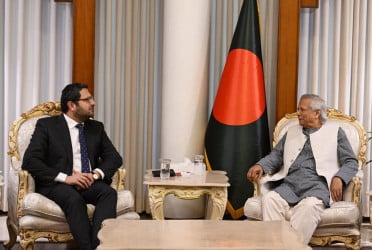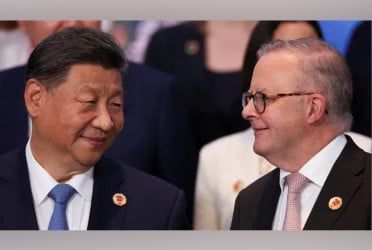Elon Musk has claimed that his satellite internet service, Starlink, is being prevented from operating in South Africa due to his race, stating that "Starlink is not allowed to operate in South Africa, because I’m not black." This statement, made on social media, came in response to a podcast featuring South African businessman Rob Hersov, who criticized the country’s race-based laws and their impact on businesses, said Reuters, RT.
In reaction to Musk’s claim, South African officials quickly rejected the notion that the issue was racially motivated. Clayson Monyela, a senior spokesman for South Africa's foreign affairs department, strongly denied the allegations, stating, "It’s got nothing to do with your skin color. Starlink is welcome to operate in South Africa provided there's compliance with local laws."
The controversy revolves around South Africa’s Black Economic Empowerment (BEE) policies, which require foreign-owned telecommunications companies to have at least 30% of their shares owned by individuals from historically disadvantaged groups. Musk’s company, SpaceX, has yet to apply for a license from South Africa’s telecommunications regulator, ICASA, and has previously expressed concerns about the BEE requirement, calling it a “significant barrier” to investment.
Musk's comments have sparked debate over South Africa’s policies aimed at addressing the lingering effects of apartheid, which include redistributing land and resources to black South Africans. President Cyril Ramaphosa has defended these policies, emphasizing their goal of remedying disparities, particularly in land ownership.
While Starlink operates in several African countries, including Nigeria and Kenya, it has faced regulatory hurdles in nations like South Africa, Cameroon, and Namibia due to licensing disputes. Despite these challenges, Musk has continued to advocate for broader access to the service, which aims to provide high-speed internet to underserved regions around the world.
The South African government insists that all businesses, including Starlink, must adhere to local laws if they wish to operate in the country, and it remains open to discussions about potential solutions for international companies looking to invest in the telecommunications sector.
Bd-pratidin English/ Jisan

